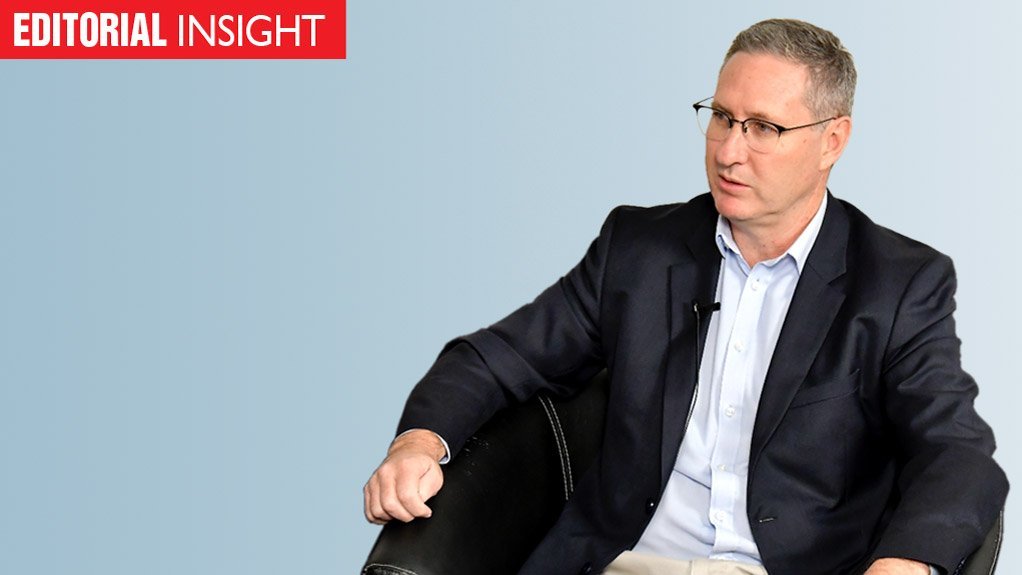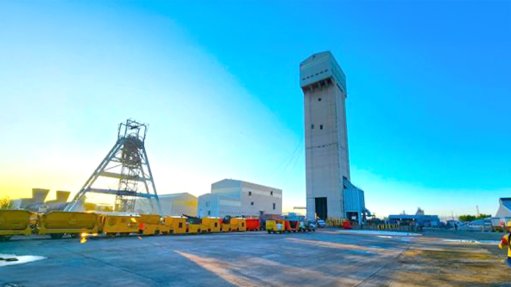Remedy required
Given the grid-related uncertainties that have overshadowed Bid Window Seven (BW7) of the Renewable Energy Independent Power Producer Procurement Programme (REIPPPP), it was somewhat positive to see that 48 onshore wind and solar PV bids were received by the mid-August deadline.
As expected, the round’s solar PV allocation, which is far less geographically sensitive than is the case for wind, was substantially oversubscribed.
The combined 8 526 MW bid across 40 projects dwarfed the 1 800 MW allocation, leaving the Independent Power Producer Office in a strong position to select projects that will be the most cost-effective for consumers.
More worrying, however, is that only eight wind projects with a combined capacity of 1 692 MW were bid; an outcome that falls 1 508 MW short of the 3 200 MW allocated to the technology for BW7.
In many ways, this was not a surprise, given that the South African Wind Energy Association cautioned ahead of the deadline that issues relating to the way scarce grid capacity is allocated remain unresolved.
These problems came to prominence during BW6, when none of the 23 wind projects that bid for a 3 200 MW allocation was selected as a preferred bidder, because the grid capacity on which they were premised had been absorbed by projects being developed on the back of private power purchase agreements, which were subjected to different grid-access rules.
The shock outcome led to an overhauling of the framework governing grid access to prevent a repeat of the failure of BW6 and possible grid hogging. These new rules are now meant to be based on the principle of ‘first ready, first served’ rather than ‘first come, first served’.
Ahead of the BW7 deadline, Eskom also sought permission from the National Energy Regulator of South Africa (Nersa) to reserve grid capacity for the REIPPPP to avert any recurrence of BW6.
In its application, it argued that “without any form of protection, public procurement programmes remain incapable of competing with the much more agile and well-funded private sector energy procurement programmes”.
Correctly, Nersa rejected the open-ended application. In doing so, it noted that Eskom had not identified the specific customers against which it intended discriminating, and also did not present objectively justifiable and identifiable differences regarding such customers.
That said, the decision not to reserve capacity for projects being procured under REIPPPP has consequences for wind projects in particular, given the constraints on grid capacity in the key wind regions of the Eastern, Northern and Western Cape provinces.
It didn’t help that Nersa has not yet approved the regulations for curtailment, which would make it easier to connect new wind capacity in areas where the grid capacity, absent curtailment, is considered to be fully absorbed.
Regardless of whether any BW7 wind projects advance to preferred-bidder status, there is definitely still an urgent need to address the problems facing the deployment of wind generators, the distinct production profile of which is extremely valuable.
Article Enquiry
Email Article
Save Article
Feedback
To advertise email advertising@creamermedia.co.za or click here
Comments
Press Office
Announcements
What's On
Subscribe to improve your user experience...
Option 1 (equivalent of R125 a month):
Receive a weekly copy of Creamer Media's Engineering News & Mining Weekly magazine
(print copy for those in South Africa and e-magazine for those outside of South Africa)
Receive daily email newsletters
Access to full search results
Access archive of magazine back copies
Access to Projects in Progress
Access to ONE Research Report of your choice in PDF format
Option 2 (equivalent of R375 a month):
All benefits from Option 1
PLUS
Access to Creamer Media's Research Channel Africa for ALL Research Reports, in PDF format, on various industrial and mining sectors
including Electricity; Water; Energy Transition; Hydrogen; Roads, Rail and Ports; Coal; Gold; Platinum; Battery Metals; etc.
Already a subscriber?
Forgotten your password?
Receive weekly copy of Creamer Media's Engineering News & Mining Weekly magazine (print copy for those in South Africa and e-magazine for those outside of South Africa)
➕
Recieve daily email newsletters
➕
Access to full search results
➕
Access archive of magazine back copies
➕
Access to Projects in Progress
➕
Access to ONE Research Report of your choice in PDF format
RESEARCH CHANNEL AFRICA
R4500 (equivalent of R375 a month)
SUBSCRIBEAll benefits from Option 1
➕
Access to Creamer Media's Research Channel Africa for ALL Research Reports on various industrial and mining sectors, in PDF format, including on:
Electricity
➕
Water
➕
Energy Transition
➕
Hydrogen
➕
Roads, Rail and Ports
➕
Coal
➕
Gold
➕
Platinum
➕
Battery Metals
➕
etc.
Receive all benefits from Option 1 or Option 2 delivered to numerous people at your company
➕
Multiple User names and Passwords for simultaneous log-ins
➕
Intranet integration access to all in your organisation





















